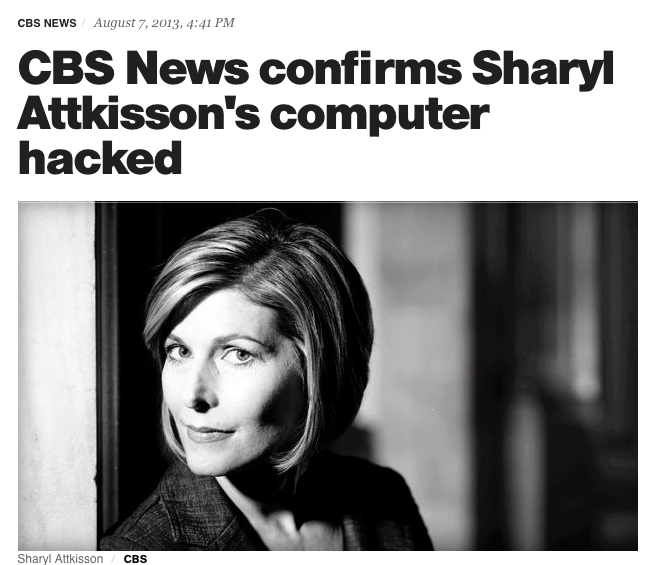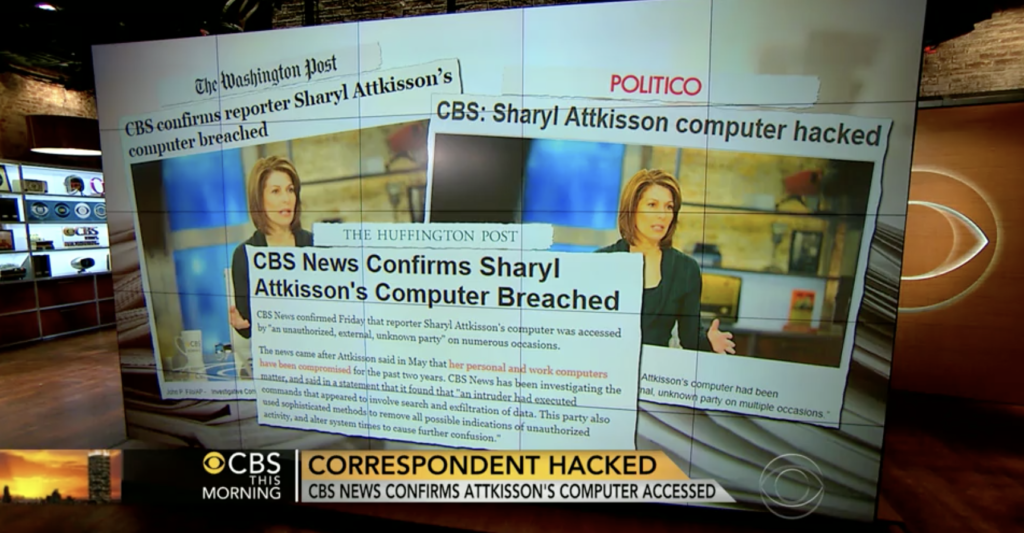Even with airtight forensics and an admission from a former federal agent involved in some of the illegal surveillance, hope for accountability in the case of the government spying on me and my family fades further.

The judge has dismissed the case against two of the defendants: Rod Rosenstein and Shawn Henry.
The court agreed on a variety of fronts with the Department of Justice attorneys defending the pair, who have fought mightily for years, defending the guilty agents rather than holding them accountable: Too much time has passed since the crimes. The venue is wrong. The defendants enjoy immunity.
And, in short, the court is telling us we must prove who, precisely, did which acts where— before we are entitled to discovery that would show us who, precisely, did which act where.
As one federal judge who previously agreed with our side said: It’s “Kafkaesque” and circular reasoning that makes accountability impossible.
I went into this years ago wrongly believing if one has proof (we’ve proven the government illegally surveilled my computers) there would be immediate accountability.

When the Department of Justice covered up instead of holding its agents accountable, I wrongly believed the proof could be presented to court and the case would, by default, be won.
For years, with the help of a tireless legal team and Fourth Amendment advocates, I have pursued a very expensive case against the Department of Justice and the responsible agents. They use unlimited taxpayer money to make sure my case doesn’t succeed.
I have since learned that all the proof in the world, a half dozen independent forensics exams, and even an admission by a guilty party, are not enough to pierce the tilted justice system when powerful interests want a case to go away.
Since I filed my case some years ago, there have been countless other well documented examples of our Justice Department and its personnel breaking rules, laws, and failing to serve the public interest. The surveillance abuses have been confirmed by both Democrat and Republican investigators, as well as the Foreign Intelligence Surveillance Court. They are no longer theoretical.
Read more about the case here.
I firmly believe if the Department of Justice had been forced to properly handle the outrageous incidents of spying on me— and hundreds of others unnamed citizens and journalists who didn’t have the forensic contacts and connections to obtain proof that I was lucky enough to have— we might have been able to prevent the government surveillance abuses that happened post-2014, and likely continue today.
Instead, the government has been given the green light to illegally spy on any journalist, citizen, political figure, judge— you name it— and there is no way for the ones who are intruded upon to hold the guilty parties accountable.
The guilty parties are, unfortunately, the ones who get to decide justice.
What’s left?
There are still claims possible against remaining defendants in my case, but no reason to think that the outcome will be different. My legal team will be deciding the next step soon.
Two years ago this month, Judge James Wynn of the U.S. Court of Appeals commented (in a dissenting opinion that supported my case):
Not only should we disapprove of the tactics the government used to run out the clock on Attkisson’s claims, but we should also reject the troubling “game plan” it provided for the government and private parties to prevent disclosure of—and, therefore, responsibility for—their potentially unconstitutional or illegal electronic surveillance activities…
Beginning in the late 1960s, when the University of North Carolina Tar Heels seized the lead in the second half of a basketball game, Hall of Fame head coach Dean Smith would raise his arm and put up four fingers. Requiring no further instruction, two post players would run to the two corners of the court formed by the baseline and the sidelines, and two wing players would move to the corners formed by the mid-court line and the sidelines. The point guard—most famously, Phil Ford—would then dribble the ball at the top of the key as the clock ticked down, occasionally exchanging the ball with one of the wing or post players if the defense applied too much pressure. In this offense—commonly referred to as the “Four Corners”—the clock was the Tar Heels’ best friend. The longer the Tar Heels held the ball on offense, the less time their opponent had to try to score and cut into the Tar Heels’ lead. The Four Corners proved so successful that college basketball’s powers-that-be effectively outlawed it through the adoption of the shot clock in 1985. In this case, the government—not unlike Dean Smith’s Tar Heels—put up the “fours” when Plaintiff-Appellant Sharyl Attkisson, a journalist formerly employed by CBS News, filed suit against unnamed employees and agents of the federal government (the “Doe Defendants”).
Attkisson alleged that the Doe Defendants conspired to violate her constitutional and statutory rights by accessing and commandeering her home and work internet-connected devices for surveillance purposes. But Attkisson never got a meaningful opportunity to pursue her claims because the government did everything in its power to run out the clock on Attkisson’s action—it filed motions challenging venue and jurisdiction, motions challenging the sufficiency of service, motions for extension of time, motions to dismiss, and motions for protective orders. And just as the Tar Heels had great success running the Four Corners, the government’s strategy worked. Although Attkisson diligently sought to identify the Doe Defendants for nearly four years—including by repeatedly serving discovery on the government and third-parties directed at identifying the Doe Defendants—the district court dismissed her case with prejudice against the Doe Defendants for failing to comply with a court order to identify the names of the Doe Defendants by a date certain. The district court did so even though the government’s delaying tactics deprived Attkisson of any meaningful opportunity to engage in the discovery necessary to identify the Doe Defendants.
Judge James Andrew Wynn, U.S. Court of Appeals

Support Attkisson v. DOJ and FBI








